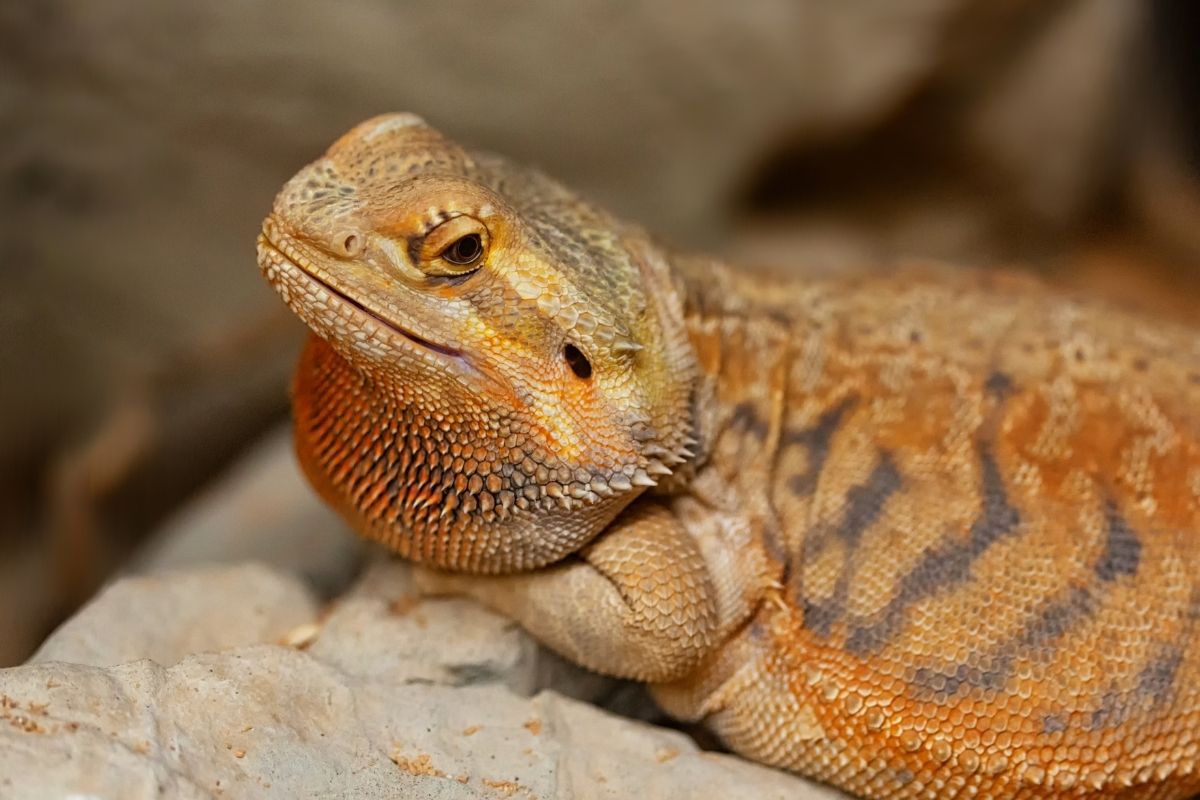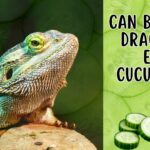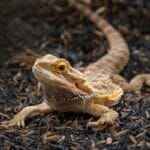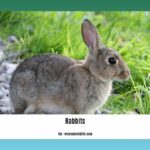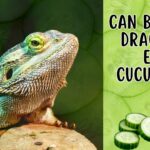Yes, bearded dragons can eat blackberries, but moderation is essential. Think of blackberries as a tasty, occasional treat, not a daily staple in your dragon’s diet. This comprehensive guide provides everything you need to know about safely incorporating blackberries into your bearded dragon’s meal plan.
Blackberry Benefits for Beardies
Blackberries offer several nutritional advantages for bearded dragons:
- Vitamins and Minerals: They are a good source of Vitamins C and K, along with manganese, all contributing to a healthy immune system, proper blood clotting, and strong bones.
- Antioxidants: Blackberries are packed with antioxidants, which help protect cells from damage.
- Low in Oxalates: Unlike some fruits and vegetables, blackberries are relatively low in oxalates, compounds that can interfere with calcium absorption.
- Favorable Calcium-to-Phosphorus Ratio: This balance is crucial for maintaining strong bones and preventing Metabolic Bone Disease (MBD).
Potential Risks of Blackberries
While nutritious, overfeeding blackberries can pose risks:
- Digestive Upset: Blackberries are slightly acidic and contain natural sugars. Too many can lead to diarrhea or other digestive problems.
- Nutritional Imbalance: While blackberries offer benefits, they shouldn’t replace the staple diet of insects and leafy greens. Overreliance on fruits can lead to nutritional deficiencies.
Serving Blackberries Safely
Proper preparation and serving are key to avoiding potential problems:
- Wash Thoroughly: Always wash blackberries thoroughly to remove any pesticides or residues.
- Size Matters: Cut blackberries into small, bite-sized pieces, roughly the size of your dragon’s smallest toenail. This prevents choking hazards and aids digestion.
- Frequency: Offer blackberries no more than once or twice a week as a supplemental treat.
- Monitor Your Dragon: After introducing blackberries (or any new food), observe your dragon for any signs of digestive upset, such as loose stools.
Blackberry Serving Sizes by Age
- Baby Bearded Dragons: Introduce blackberries very gradually and in even smaller portions than for adults. Consult a reptile veterinarian for personalized advice.
- Adult Bearded Dragons: A few small, bite-sized pieces once or twice a week is a good guideline.
Comparing Berry Options for Your Beardie
Here’s a quick comparison of popular berries for bearded dragons:
| Berry | Safe? | Serving Size | Notes |
|---|---|---|---|
| Blackberry | Yes | Small, chopped | Offer in moderation due to acidity; may cause digestive upset if overfed. |
| Raspberry | Yes | Whole/halved | Less acidic than blackberries; generally well-tolerated. |
| Blueberry | Yes | Whole | Usually a safe bet; monitor for any unusual reactions. |
| Strawberry | Yes | 1/4 – 1/2 of a berry | Wash thoroughly and offer in moderation. |
Beyond Berries: A Balanced Diet
Remember, fruits like blackberries are supplemental treats. A bearded dragon’s primary diet should consist of:
- Insects: Crickets, dubia roaches, and other appropriate insects provide essential protein. Find out everything you need to know about what leafy greens these amazing reptiles can enjoy, and discover if can bearded dragons eat cucumbers.
- Leafy Greens: Collard greens, dandelion greens, and other leafy greens offer essential vitamins and minerals.
The Evolving Science of Bearded Dragon Nutrition
While the current understanding suggests that blackberries are safe in moderation, research on reptile nutrition is constantly evolving. Some experts believe that the acidity in blackberries, while generally manageable, could potentially contribute to digestive issues in certain individuals over time. This isn’t a definitive conclusion, but it highlights the importance of staying informed. New research may refine our understanding of optimal bearded dragon nutrition. Consult with a reptile veterinarian for personalized advice based on your dragon’s specific needs and the most up-to-date information.
Toxic Fruits for Bearded Dragons
Several fruits are toxic to bearded dragons and should be avoided entirely:
- Avocado: Contains persin, a toxin harmful to many animals.
- Citrus Fruits (Oranges, Lemons, Limes, Grapefruit): Too acidic for their digestive system.
- Apple Seeds/Pits (and seeds/pits from cherries, peaches, etc.): Contain cyanide, a deadly poison.
- Rhubarb: High in oxalates, which can interfere with calcium absorption.
By following these guidelines and staying informed about the latest research, you can ensure your bearded dragon enjoys the occasional blackberry treat safely and as part of a healthy, balanced diet. Remember, a healthy diet is key to a happy, thriving bearded dragon.
- SYBAU See You Baby Meaning: Gen Z Slang Evolves - July 1, 2025
- Unlock Your Inner Youth: Lifestyle Secrets for a Vibrant Life - July 1, 2025
- Decode SYBAU Meaning: Gen Z Slang Explained - July 1, 2025
